4 Main Reasons To Avoid Brinjal (Eggplant) During Pregnancy
Beware of the negative impacts of this vegetable if you are expecting a child.
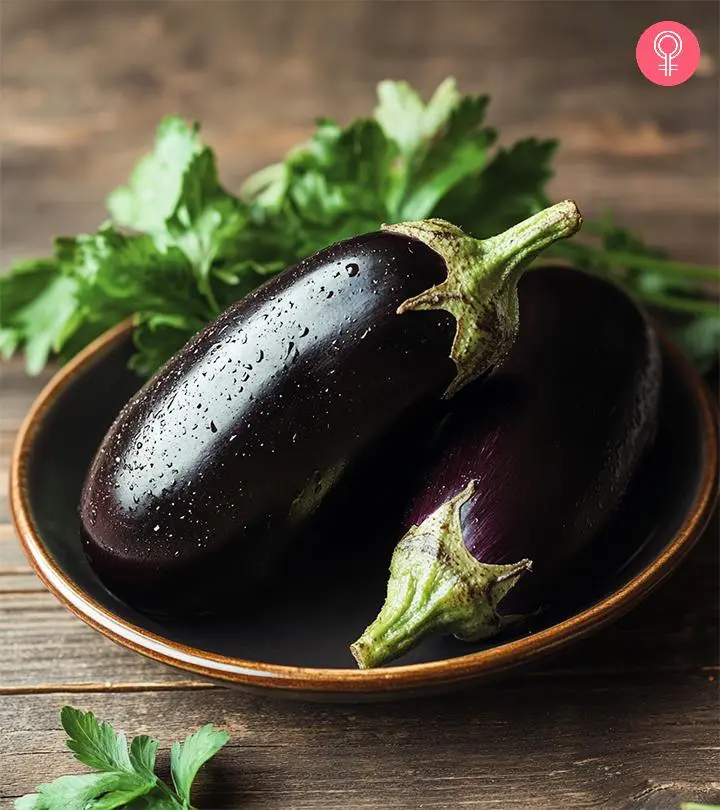
Image: Midjourney/ StyleCraze Design Team
Balanced and nutritious meals should be a major focus during pregnancy. Despite constant cravings it is important to be mindful of what you are consuming. But unfortunately, certain myths and taboos are also associated with this maternal topic. One such belief is about avoiding brinjal during pregnancy. In most cases, the diet of pregnant women is influenced by age-old customs, sayings, traditions, food facts, and culture. Certain foods are usually divided into three categories – cold foods, hot foods, and sour foods – which are avoided during pregnancy as it is believed they may exert negative effects on the mother and the baby. Brinjal is categorized into cold foods.
Brinjal is one of the most affordable and common vegetables. Its taste is loved by many, and it is used in making many delicacies. You can make scrumptious food with this versatile vegetable using various cooking methods. It is loaded with many beneficial phytonutrients like antioxidants, vitamins, flavonoids, and minerals, making it a healthy addition to your diet. It also offers an array of health benefits. It may help relieve insomniai A sleep disorder characterized by the inability to fall and stay asleep, most commonly due to stress and anxiety. , stomach gas, congestion, manage malaria, and even aid digestion.
 Quick Tip
Quick TipHowever, brinjal is most often avoided in the diets of pregnant women. Even Ayurvedic texts seem to recommend minimizing its intake during this period. But how far is this belief true? Continue reading to know more.
In This Article
Reasons to Avoid Brinjal (Eggplant) During Pregnancy

There are various reasons for a pregnant woman to avoid eating brinjal. Some of the important reasons are as follows:
- Ayurveda strictly advises the limit of brinjal consumption. Brinjal or eggplants contain large amounts of phytohormones, which may help in treating premenstrual syndrome and amenorrheai A medical condition characterized by the absence of a regular menstrual cycle or periods in women older than 15 years of age. . There brinjal works as diureticsi A class of medicines that remove excess salt and water from the body in the form of urine and lower blood pressure. . It can stimulate menstruation when consumed daily which is not a good option for a pregnant lady. This is one of the main reasons to avoid brinjal during pregnancy. However, research in this regard is limited.
- Eggplants or brinjals are enriched with menstruation-inducing properties. Due to these properties, brinjals may also lead to abortion.
- These are also not good as they may cause acidity problems; therefore, it is suggested that women should avoid eating brinjal during pregnancy.
- Brinjals are not recommended for pregnant women due to their high content of nitrates. The nitrate ion (NO3-) is a chemical that occurs naturally in the environment. In food, it is usually present as nitrate (NO2-). When consumed by humans, the nitrate ion can cause health problems. This is especially true for infants, pregnant women, and people with low stomach acid levels.
These are some of the major causes for the restriction of brinjal consumption during pregnancy. But it is only in the Indian cultures where brinjal is suggested to be avoided during pregnancy. Brinjal contains a good amount of vitamin A, dietary fiber, and iron (1). It also contains some other essential nutrients like potassium, magnesium, and calcium that are needed during the pregnancy period (2). It may also aid in preventing gestational diabetes as it helps reduce blood sugar levels in the body (3). But, the causes revealed by Ayurveda cannot be ignored too.
 Quick Tip
Quick TipAn expectant mother should follow a proper diet that fosters optimal growth patterns. Though researchers are still unsure about strictly avoiding brinjal during pregnancy, moderation is the key. Taking precautions is recommended and of course prevention is better than cure.
My advice is not to risk your health and fetal development and health for the sake of this vegetable. It is better to avoid eating brinjal during pregnancy. If you really wish to consume it, consult your doctor. You can have the vegetable in moderation, based on their recommendation, alongside other nutrient-rich foods. This will help ensure that you and your baby receive the necessary nourishment without compromising safety.
Key Takeaways
- Brinjal (eggplant) is commonly avoided during pregnancy as it may interfere with nutrient absorption.
- Working as a diuretic, brinjal may stimulate menstruation among women.
- Brinjal can also cause acidity in pregnant women, and hence should be avoided.
- Brinjal is high in nitrate concentrations which is not considered good, especially for pregnant women.
Infographic: Key Reasons You Should Avoid Brinjal During Pregnancy
Pregnancy requires mindful nutrition – and while a diet rich in vegetables is always recommended, some vegetables are better avoided. One of them is brinjal. Check out the following infographic for a quick summary of the primary reasons you should go easy on brinjal when you are carrying. Illustration: StyleCraze Design Team
A well-balanced diet should be the primary focus for pregnant women. Including various fresh fruits and vegetables in the diet supports a healthy pregnancy. However, while the benefits of eggplant are widely recognized, its safety during pregnancy is still under question. As per Ayurveda, it is not safe to consume brinjal while pregnant as the phytohormones in the vegetable may stimulate menstruation and trigger acidity. Consult your doctor for more clarity.
Frequently Asked Questions
Is it safe to eat brinjal while breastfeeding?
Pallini Winnifred, a Registered Dietitian Nutritionist, says it is generally safe for breastfeeding women to eat brinjal. She adds, “As with any food, it is important to pay attention to your own body and any potential reactions. If you have any concerns, it is always a good idea to consult your healthcare provider.”
Is brinjal a slow poison?
According to Winnifred, “There is no scientific evidence to suggest that brinjal is a slow poison. In fact, brinjal is a nutritious vegetable that can be enjoyed as part of a healthy diet.”
Which vegetables should you avoid during pregnancy?
Undercooked beans, sprouts, raw radish, brinjal, and alfalfa should be avoided during pregnancy.
Can I eat brinjal after a cesarean?
Yes, brinjal is safe to eat after a C-section.
Illustration: Main Reasons To Avoid Brinjal (Eggplant) During Pregnancy
_during_pregnancy_illustration.jpg.webp)
Image: Stable Diffusion/StyleCraze Design Team
Eggplants can make for some really delicious dishes. However, if you are pregnant, you may need to tread with caution. Watch this video to find out more.
References
Articles on StyleCraze are backed by verified information from peer-reviewed and academic research papers, reputed organizations, research institutions, and medical associations to ensure accuracy and relevance. Read our editorial policy to learn more.
- Eggplant raw
https://fdc.nal.usda.gov/fdc-app.html#/food-details/169228/nutrients - Content of macroelements in Eggplant fruits depending on varied potassium fertilization
https://www.researchgate.net/publication/269951449_Content_of_macroelements_in_Eggplant_fruits_depending_on_varied_potassium_fertilization - Effect of eggplant
https://www.ncbi.nlm.nih.gov/pmc/articles/PMC8143715/
Read full bio of Reda Elmardi
- Pallini Winnifred, RDN, serves over 200 clients in the NYC area. She has a bachelor's degree in Nutrition Science from Stony Brook University and two years of experience in nutrition counseling.
 Pallini Winnifred, RDN, serves over 200 clients in the NYC area. She has a bachelor's degree in Nutrition Science from Stony Brook University and two years of experience in nutrition counseling.
Pallini Winnifred, RDN, serves over 200 clients in the NYC area. She has a bachelor's degree in Nutrition Science from Stony Brook University and two years of experience in nutrition counseling.
Read full bio of Tanya Choudhary
Read full bio of Arshiya Syeda
Read full bio of Himanshi Mahajan






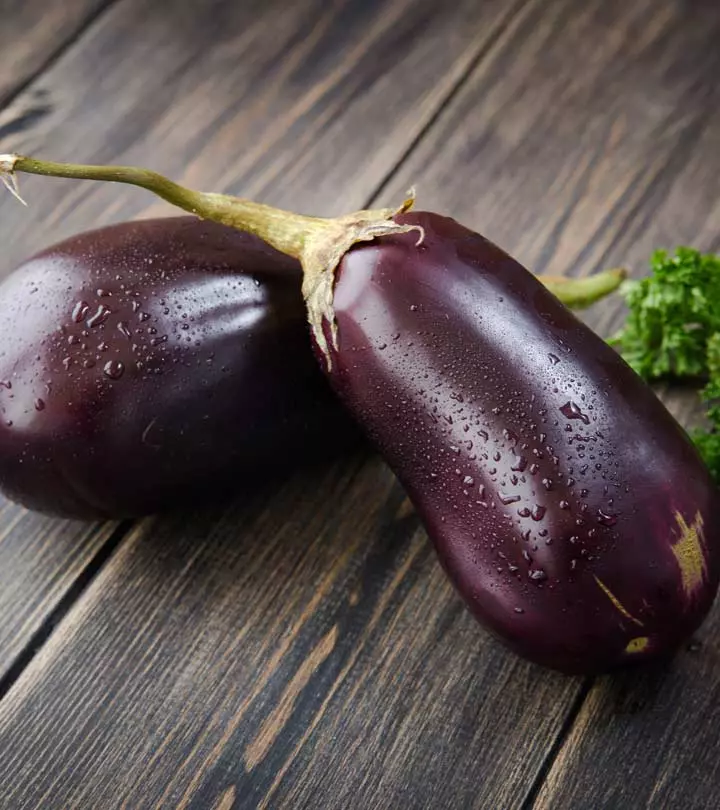
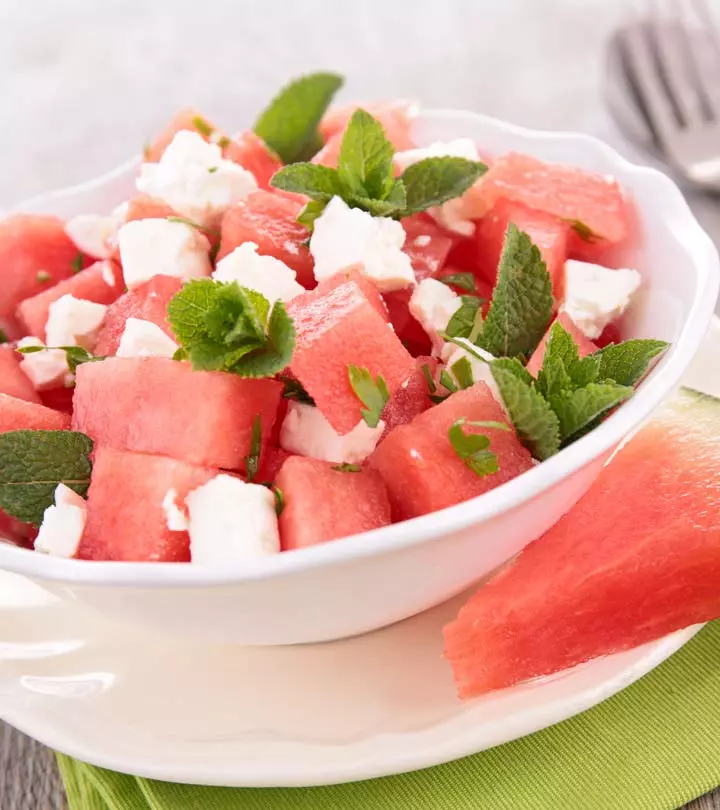
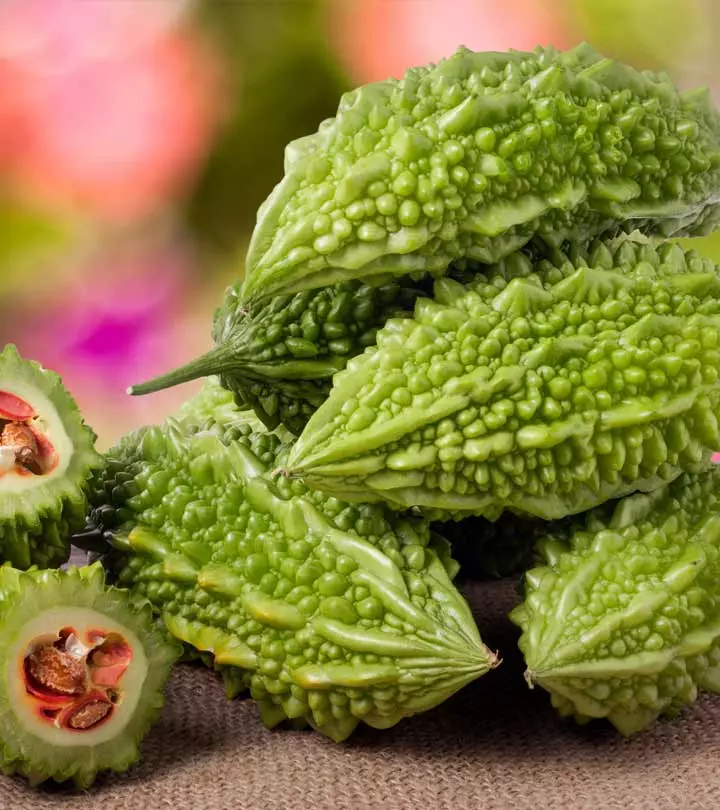



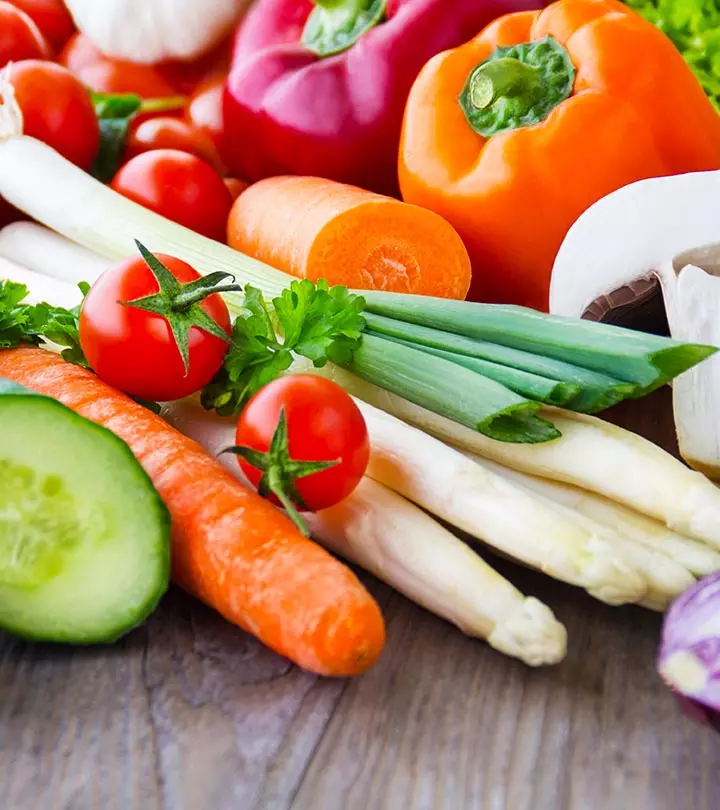
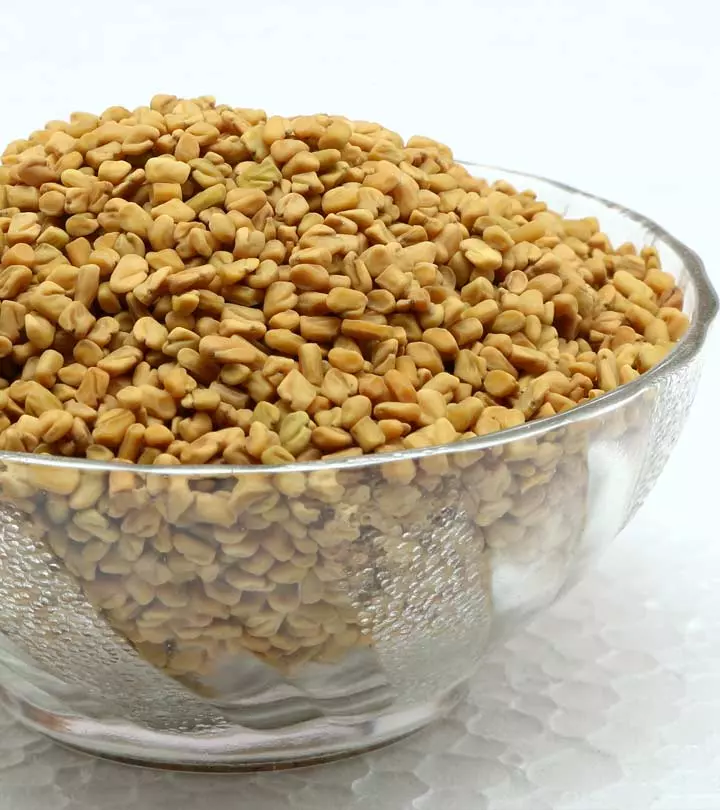
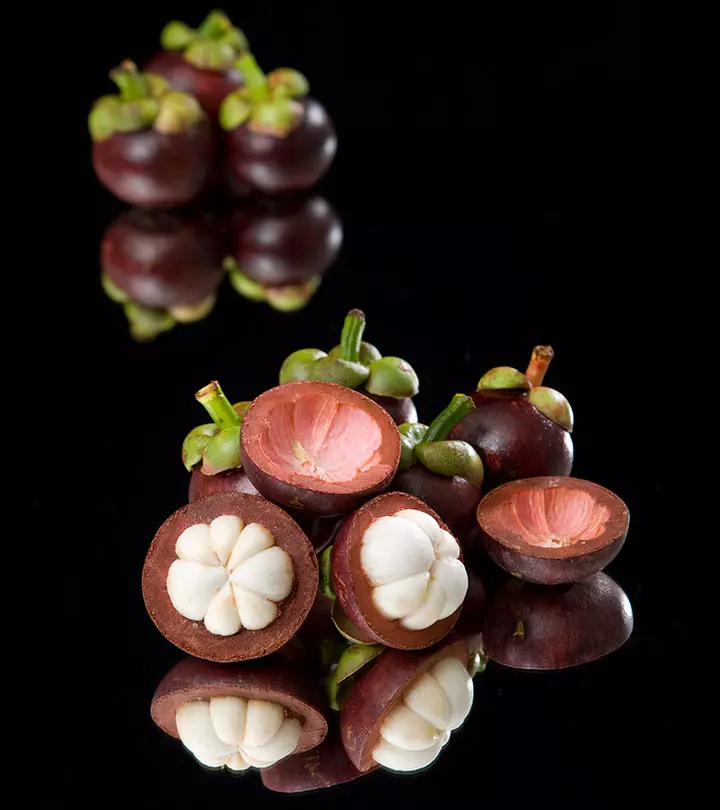


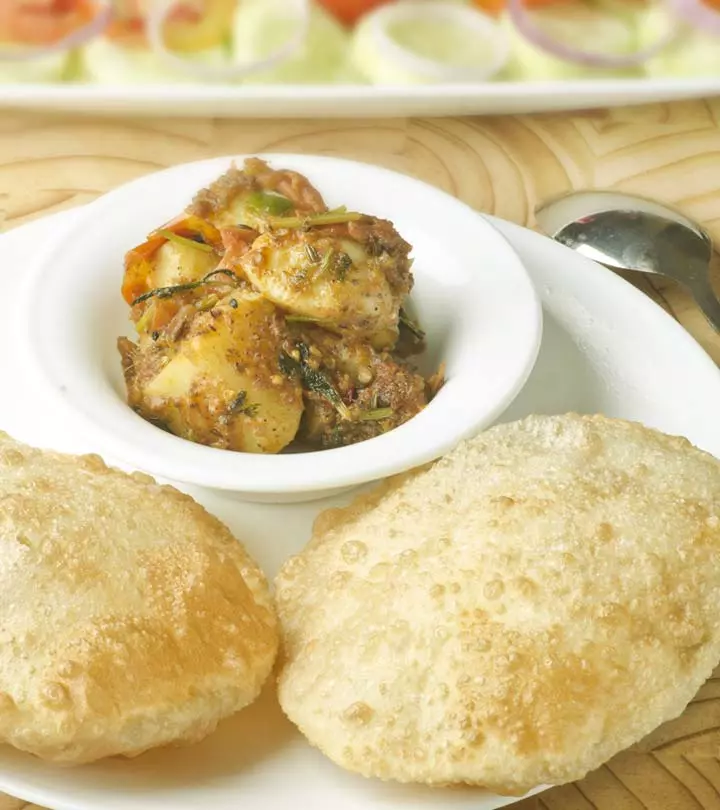
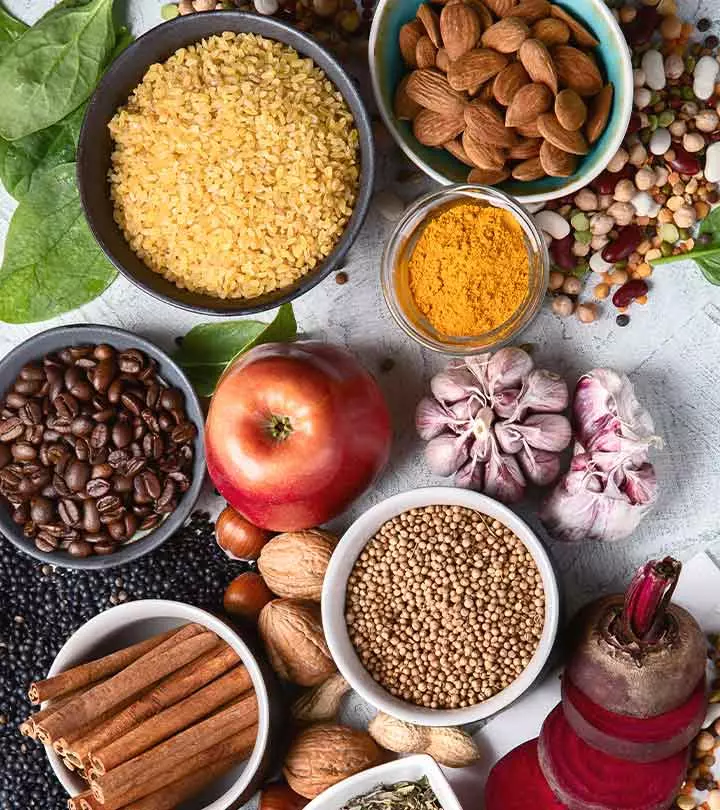

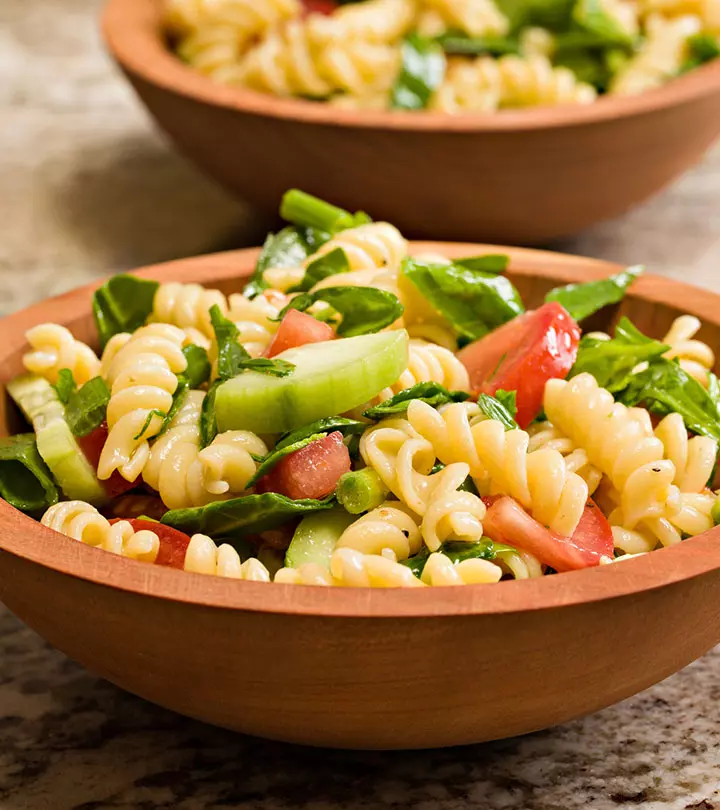

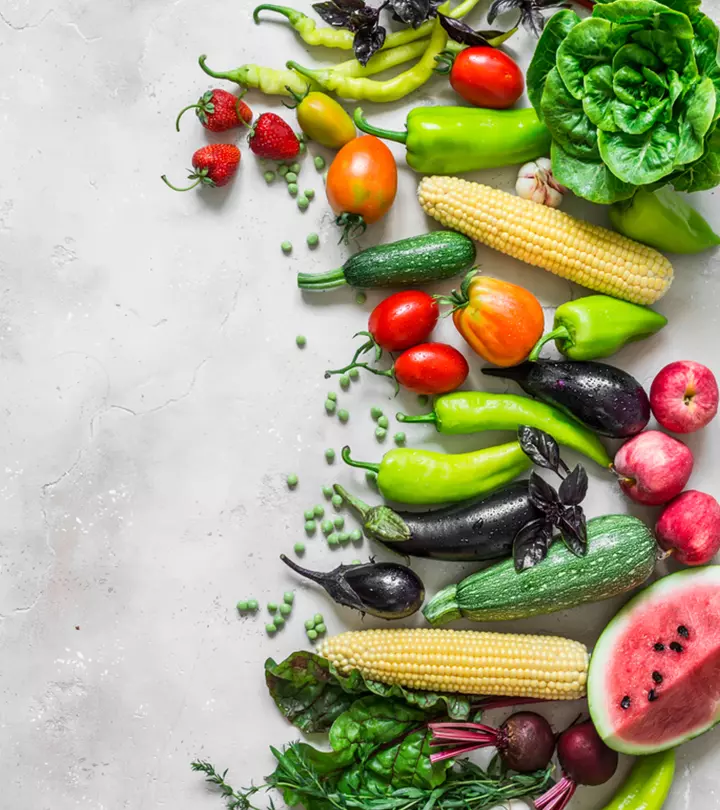

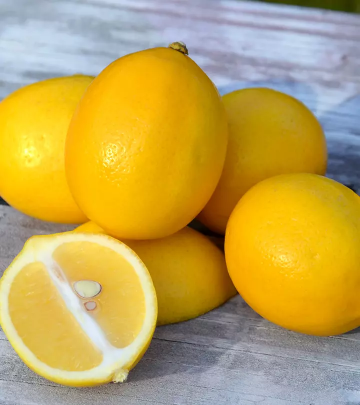


Community Experiences
Join the conversation and become a part of our empowering community! Share your stories, experiences, and insights to connect with other beauty, lifestyle, and health enthusiasts.